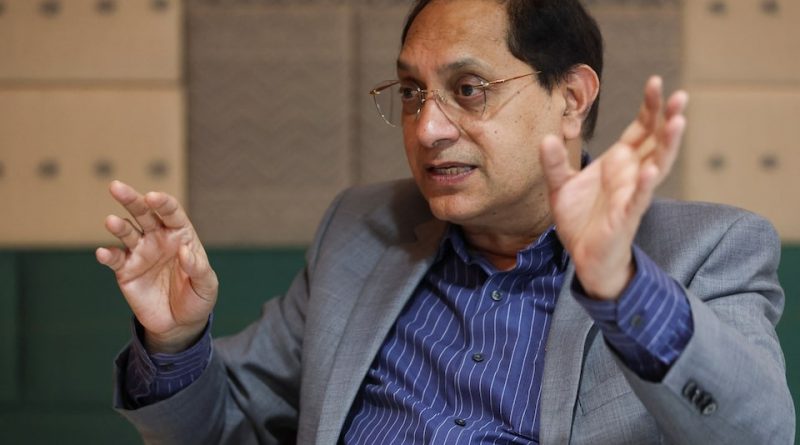India’s Market Regulator Unveils Reforms to Attract Global Investors and Boost Market Liquidity
Mumbai – India’s market regulator has announced a series of forward-looking reforms aimed at making the country’s financial markets more attractive to global investors.
The measures include simplifying registration processes, lowering trading costs, improving liquidity in cash markets, and making short-selling more accessible.
These initiatives reflect India’s growing focus on becoming a preferred investment destination for global funds and corporations.
Tuhin Kanta Pandey, Chairman of the Securities and Exchange Board of India (SEBI), said the regulator is committed to creating a more efficient, transparent, and investor-friendly environment.
Under his leadership, SEBI has moved rapidly to update older frameworks and align them with global best practices. The reforms are designed to ensure that both domestic and foreign investors experience smoother participation in India’s financial markets.
One of SEBI’s top priorities is speeding up the registration process for foreign portfolio investors. Currently, registration takes longer than global standards, and the regulator plans to bring this down to just a few days.
This move aims to enhance ease of doing business and ensure that investors can enter the Indian market without unnecessary delays. Faster onboarding will also strengthen investor confidence and improve market competitiveness.
Another major focus area is the deepening of India’s cash equity markets. SEBI is reviewing existing rules and exploring ways to make these markets more liquid.
The regulator is studying possible revisions to margin requirements to promote smoother and more affordable trading. By encouraging greater participation in cash markets, SEBI aims to balance the dominance of derivatives and strengthen the foundation of the equity segment.
In recent years, the derivatives market in India has grown to more than 300 times the size of the cash market. This trend, while showing investor enthusiasm, has raised concerns about speculative trading.
SEBI is therefore considering introducing product suitability norms to ensure small investors are protected from excessive risk. Such measures will help maintain market stability while promoting responsible trading behavior.
Pandey emphasized that before introducing new restrictions, SEBI will first evaluate the effects of recent regulatory changes. The focus is on maintaining stability and avoiding overregulation while ensuring that markets remain vibrant and safe for all participants.
This balanced approach reflects SEBI’s commitment to fostering both innovation and prudence in market oversight.
Reforms are also underway to enhance short-selling mechanisms and the securities lending and borrowing framework. SEBI aims to make these activities more cost-effective and accessible. By reducing transaction costs and simplifying procedures, the regulator hopes to boost liquidity and encourage wider participation in these market segments.
A key area under review is the concept of trade “netting,” which allows investors to offset buy and sell positions. If implemented, this could significantly reduce capital requirements for foreign investors and improve overall market efficiency.
Pandey mentioned that while full netting across all securities may not be possible, introducing netting within certain instruments could be a major step forward for market participants.
In a positive move welcomed by investors, SEBI has also decided to defer the implementation of the T+0 or same-day settlement system.
The decision ensures that markets have enough time to adapt to earlier changes and that settlement processes remain stable and efficient under the current T+1 system.
These wide-ranging reforms reflect India’s determination to strengthen its position as a global financial hub. By combining modernization with regulatory prudence, SEBI is signaling that India’s markets are open, transparent, and ready for global integration.
The focus on inclusivity, stability, and innovation will not only attract long-term investors but also enhance India’s global financial reputation.



